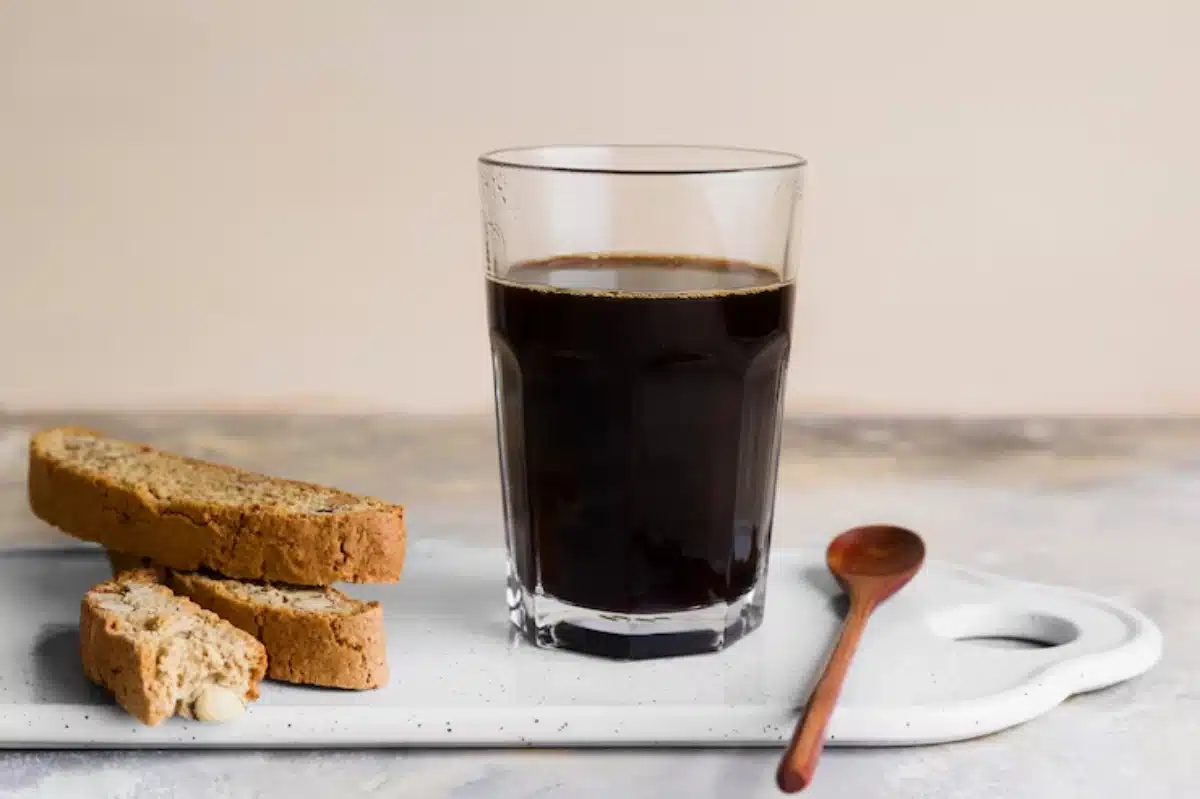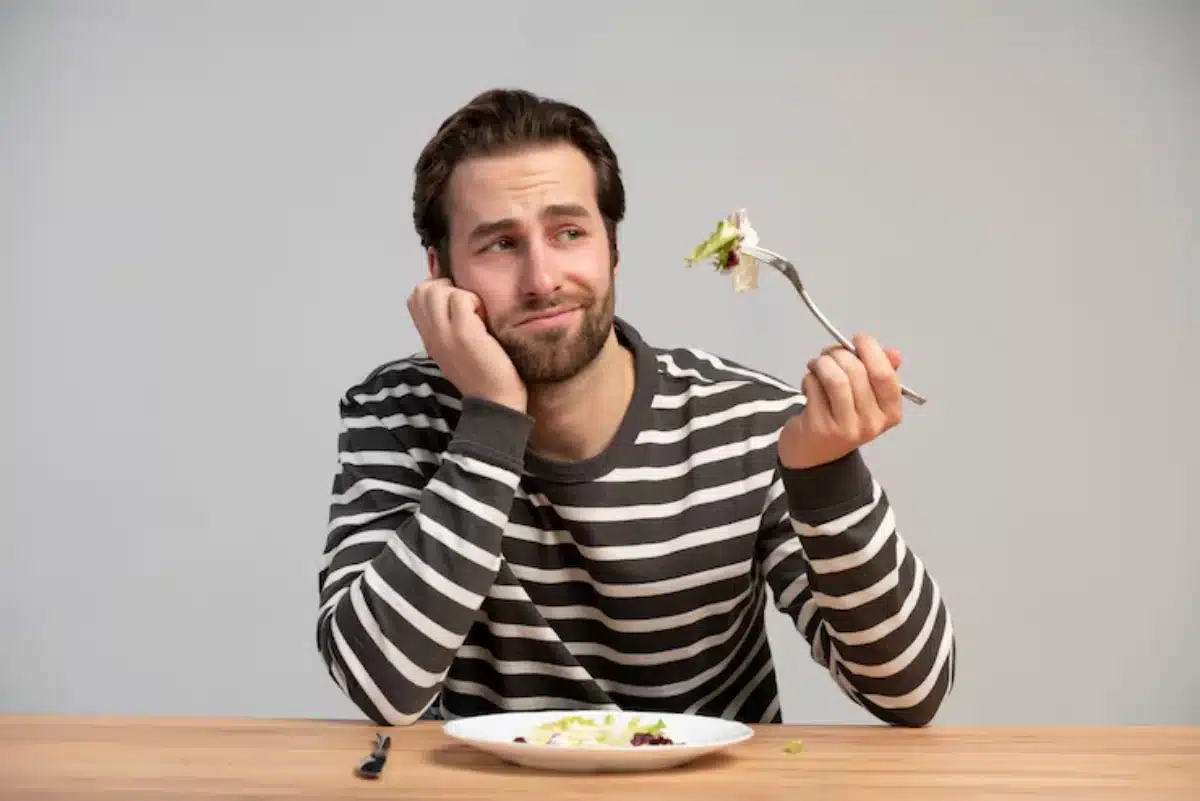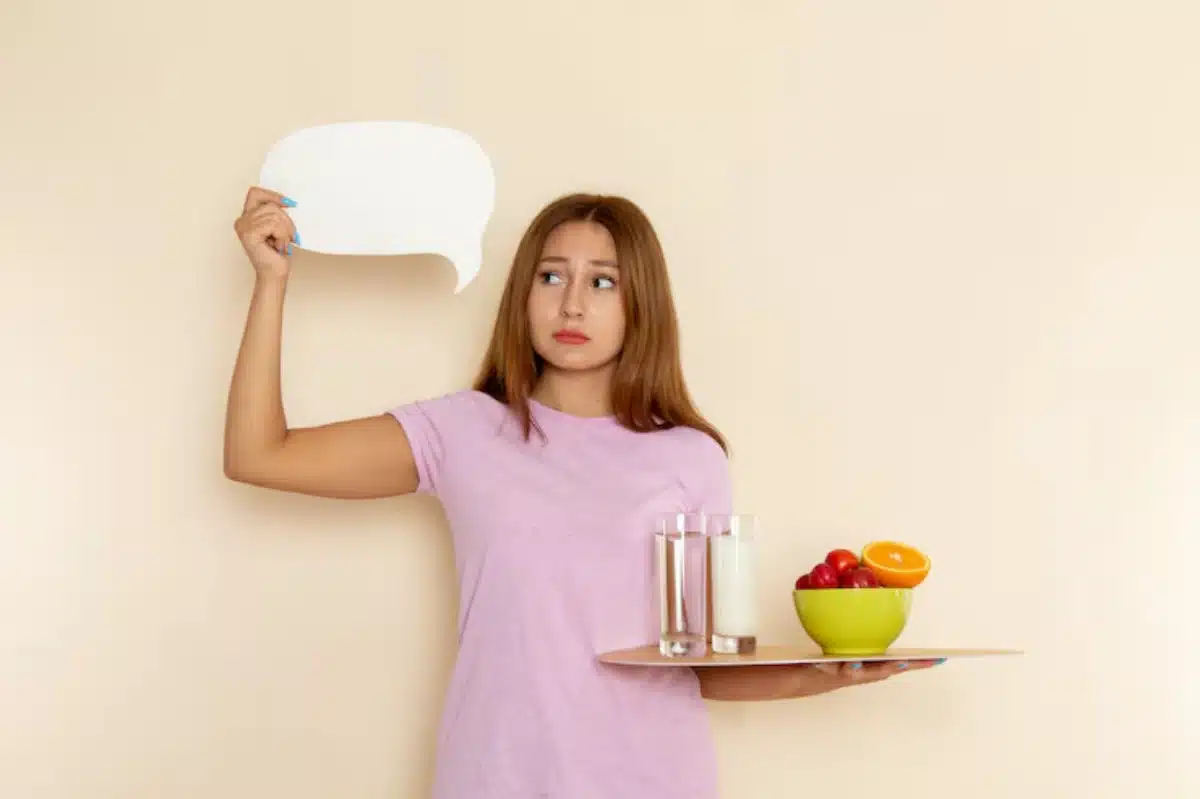
Can You Drink Coffee While Fasting?
Your Morning Brew and the Fasting Debate
You’ve just committed to an intermittent fasting plan. The hours are set, the meals planned, and your motivation? Sky high. But then it hits you: what about coffee? Does that morning cup count as breaking your fast?
For many of us, coffee isn’t just a habit—it’s part of our identity. So, the idea of giving it up during fasting hours can feel daunting. But here’s the good news: you don’t have to ditch your coffee. You just need to know which kinds are fasting-friendly—and which might quietly end your fast without you even realising.
In this article, we’ll break down everything you need to know about coffee and fasting. You’ll learn what science says, how different types of coffee affect your fast, and how to enjoy your brew without sabotaging your goals.

What Counts as “Breaking” a Fast?
To understand whether coffee is allowed, we need to be clear on what fasting really means.
The Essence of a Fast
At its core, fasting is a period during which you abstain from consuming calories. The goal is to allow your body to shift from using glucose (sugar) for energy to tapping into stored fat, also known as entering a fasted state.
The fasted state triggers benefits like:
- Fat burning
- Improved insulin sensitivity
- Cellular repair and autophagy
- Mental clarity and focus
Anything that spikes insulin or introduces calories can technically end your fast, so your choice of beverage matters.

Can Black Coffee Be Consumed While Fasting?
Let’s cut to the chase: black coffee is safe during a fast. In fact, it might even enhance the benefits.
Why Black Coffee Doesn’t Break Your Fast
Black coffee contains virtually no calories—around 1–3 calories per cup. More importantly, it doesn’t significantly raise insulin levels or blood sugar, which means it won’t knock you out of the fasted state.
Some studies even suggest that caffeine may boost metabolism, enhance fat oxidation, and improve mental alertness, particularly during fasted mornings.
So, yes, your morning black coffee? It’s absolutely fasting-friendly.
If you’re curious about how this compares to traditional eating habits, understanding the impact of fasting metabolism provides useful context.
What About Coffee Additives?
The plot thickens when we talk about what you add to your coffee.
Additives That Break a Fast
If you’re serious about preserving the metabolic and cellular benefits of fasting,
Avoid:
- Milk or cream: Adds calories, carbs, and may raise insulin.
- Sugar or syrups: Even a teaspoon of sugar spikes glucose levels.
- Flavoured creamers: Typically loaded with sweeteners and processed oils.
- Collagen or protein powders: They contain amino acids and calories that break your fast.
Grey Area Additives
Some people include small amounts of butter (in bulletproof coffee) or MCT oil, especially during keto-style fasts. While these don’t spike insulin significantly, they do contain calories and may interrupt autophagy.
If your goal is fat-burning or appetite control, they might be fine. But if you’re fasting for longevity or cellular repair, stick with black.
Does Coffee Affect Fasting Benefits?
Interestingly, coffee might not just be allowed during a fast—it could actually enhance fasting’s effects.
Coffee and Autophagy
Autophagy is your body’s way of cleaning out damaged cells during fasting. According to a 2014 study published in Cell Cycle, compounds in coffee—like polyphenols may actually stimulate autophagy, especially in the liver.
Coffee and Appetite Control
Struggling with morning hunger pangs? Coffee can help. Caffeine suppresses appetite by reducing levels of ghrelin, the hunger hormone. That makes it easier to extend your fasting window, especially during those tricky early days.
How Much Coffee Is Too Much?
While one or two cups are beneficial, overdoing it can cause problems.
Signs You’ve Had Too Much Caffeine
- Jitters or anxiety
- Upset stomach
- Disrupted sleep (especially if consumed after 2 PM)
- Increased heart rate or blood pressure
Stick to 1–3 cups during your fasting window. And always drink plenty of water alongside it to stay hydrated—coffee is a mild diuretic, after all.
Best Coffee Options for Fasting
Let’s run through your fasting-safe coffee checklist:
Best Options
- Black coffee (brewed, filter, or espresso)
- Cold brew coffee (unsweetened)
- Instant coffee (no added sugar or creamers)
- Decaf (if you’re caffeine-sensitive)
Not Ideal During a Fast
- Lattes or cappuccinos
- Mocha or flavoured coffee drinks
- Ready-to-drink bottled coffees with milk/sugar
- Plant-based milk with added sugars
Want to pair your first meal wisely after fasting? Here’s how to break your fast with the right foods for maximum benefit.
Coffee Alternatives During a Fast
If you’re trying to reduce caffeine or just fancy a bit of variety, these drinks are also safe while fasting:
- Herbal teas (peppermint, ginger, chamomile)
- Green tea (offers a small caffeine boost and antioxidants)
- Sparkling water (unsweetened)
- Apple cider vinegar in water (supports digestion)
- Plain water with lemon slices (watch the pulp—it’s minimal but may contain trace calories)
These options help keep you hydrated and comfortable, especially during long fasting windows.
Real-Life Fasting Coffee Habits
Let’s look at a couple of scenarios to see how coffee works in different routines.
Sophie: The 9-to-5 Fasting Beginner
Sophie starts her fast after dinner at 7:30 PM and aims to fast until noon. At 8:00 AM, she has a black Americano and finds it boosts her focus during her morning meetings. She breaks her fast with a balanced lunch at 12:15.
Result? No hunger crashes, no guilt—and the fast stays intact.
James: The Early Riser and Gym-Goer
James trains fasted at 6:00 AM and drinks a black coffee before his workout. He skips breakfast but hydrates throughout the morning. By 1:00 PM, he breaks his fast with high-protein, high-fibre foods to support recovery.
His verdict? Coffee keeps him sharp and suppresses post-workout cravings until mealtime.
Common Misconceptions About Coffee and Fasting
Let’s clear up a few myths while we’re here.
“Coffee dehydrates you during a fast.”
Not quite. Coffee is a mild diuretic, but research shows that moderate consumption doesn’t cause dehydration, as long as you drink water, too.
“Coffee will cause insulin spikes.”
Black coffee alone does not spike insulin for most people. However, individual responses can vary. If you’re curious, track your glucose with a continuous glucose monitor for personalised insights.
“You can’t lose weight if you drink coffee while fasting.”
False. Coffee may support fat loss by increasing thermogenesis (the body’s calorie-burning process) and suppressing appetite.
Conclusion: Coffee and Fasting Can Coexist
Can you drink coffee while fasting? The answer is a firm yes, as long as it’s black.
Not only is coffee fasting-safe, but it may also enhance the benefits of intermittent fasting, from mental clarity to fat burning and even cellular clean-up. That said, it’s all about keeping it simple—skip the milk, ditch the sugar, and stay mindful of how your body responds.
Whether you sip an espresso before sunrise or savour a black cup mid-morning, your fasting window stays intact—and your day gets a smoother start.
Ready to enjoy your fast without giving up your brew? Go ahead—make that coffee. Just keep it clean, calm, and caffeine-conscious.


